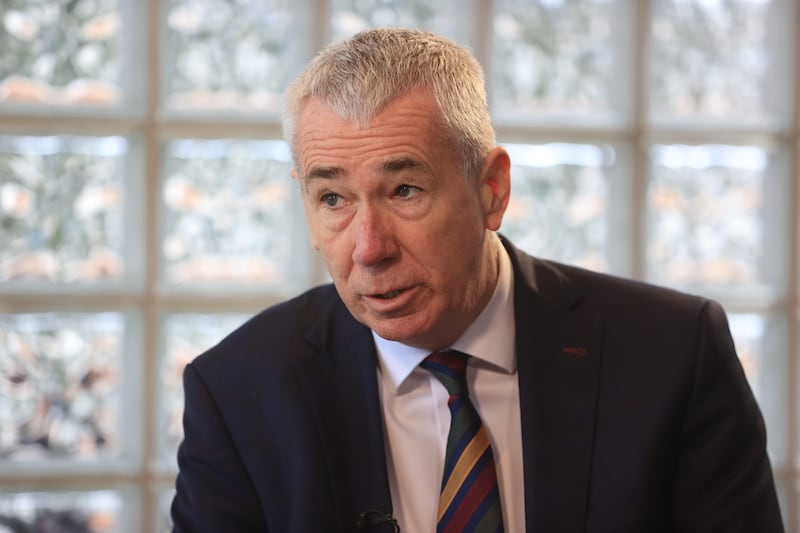The emergence of Belfast as a leading conference venue in recent years is one of the many enormously positive transformations made possible by the Good Friday Agreement.
Before then, persuading the organisers of events aimed at professionals from elsewhere in Ireland, Britain or beyond to hold their flagship events in Belfast was perhaps the definition of a 'hard sell'.
Thankfully we have moved on from the time when Belfast's tourist offering included what was billed as 'Europe's most bombed hotel'. Paramilitary ceasefires and the dismantling of the 'ring of steel' which choked normal commercial and social life in the city centre throughout the Troubles, as well as significant investment in hotels and tourism mean Belfast is now a top destination for private and corporate visitors.
Meanwhile, Northern Ireland has also seen a rapid development in modern high-tech industries - many bringing jobs that hadn't even been invented 25 years ago.
Cyber security is one of these new areas, and the decision to bring the sector's most important conference to Belfast this week was confirmation of the expertise and skills that have been developed in the north.
Against this backdrop, it is frankly bizarre that the CyberUK 2023 conference has found itself mired in a wholly unnecessary row over how conference literature for support staff at the event misrepresented Belfast as a dangerous city. Especially erroneous was a warning that visitors should not take black taxi tours "because they are run by the IRA".
The National Cyber Security Centre, which is part of GCHQ and runs the conference, said the document had contained "significant factual inaccuracies" and been issued in error by a contractor. Bray Leino Events acknowledged that offence had been caused and said the document had been withdrawn and apologies made.
However, the city's taxi drivers say they won't be able to move on quite so easily. Solicitors for Belfast Taxis CIC have launched defamation proceedings over the false claims linking the industry to the IRA.
Another driver, Jason O'Halloran, has told this newspaper that he fears for his life after a tourist passenger quizzed him about whether he had been in the IRA. Mr O'Halloran, who was shot by the UFF in a sectarian attack in north Belfast in 2002, says he is now worried about going into the Shankill area.
It is profoundly regrettable that outdated attitudes about Belfast persist. As visitors to this week's conference - and the thousands of others who now arrive each year on cruise ships, and by car, ferry and plane - will discover, this is a place transformed, where a warm welcome awaits all.







